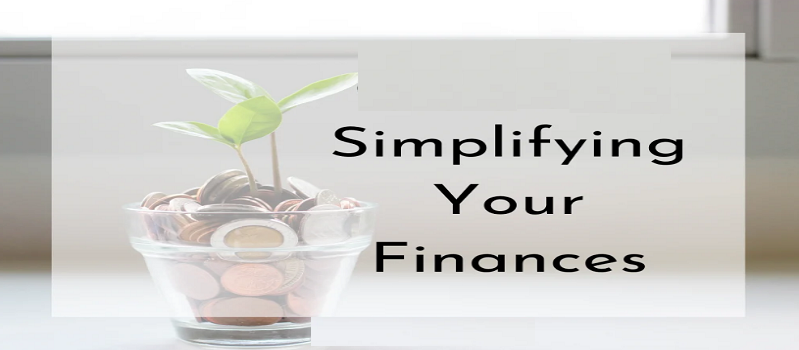
We often hear useful advice that you should save at least three months’ worth of living costs to get by smoothly during financial emergencies, but unfortunately, it falls on deaf ears. Inflation rates have refused to let up, and they do not expect to hit normalcy in the next few years, meaning your struggle with your finances will continue to exist. Seek free advice from National Debtline if you are in a precarious situation. The sooner you contact them, the better it is.
However, if your situation is not wobbly, you can follow some steps to get back in the driving seat. Take stock of where your money is going out and what actions you can take.
Here are the most effective ways to get better control of your finances:
You want something that you cannot afford, but you sign up for a “pay later” scheme. In the absence of this scheme, you take out small personal loans. You will have to pay more than the actual cost regardless of the funding method you opt for.
Your budget may blow up with additional payments of the debt. Things will become worse when you are to pay off the whole sum in one go. Instead, you should save money and then buy. “Set up a budget for things you want to buy,” says the financial advisor of MyCreditBucks. “This will help you save money in interest payments.”
Clara shares her own experience of how she fell into credit card debt within a few months of its use. “I began to use my credit card for all my transactions throwing caution to the wind,” she said. “I did not realise I racked up my credit card bills. It was more than my monthly pay. I had to balance transfer but ended up paying a lot more money.”
Balance transfer is an option to get rid of credit card debt, but not all borrowers can easily get it. Financial experts suggest not using your credit card until you bounce back. “Cash transactions will keep you alert about the money you are left in your pocket, so you are unlikely to spend more than you what you have,’’ said the financial advisor.
Are you up to your neck in debt? If so, you should make a strategy to reduce the debt burden. Talk to your lenders to see if they can revise your payment plan. Choose a debt snowball or debt avalanche strategy to settle your account. Make more than a minimum payment of our mortgage and car loans in Ireland.
Smaller emergencies like unexpected car repairs and medical bills can catch you off guard at any time. “Having an emergency cushion to meet such expenses will help you avoid borrowing money that costs double,” said MyCreditBucks financial advisor. “Peruse your bank statement to pick areas where you can cut spending. Tuck away that saved money to build a small emergency cushion.”
You should build a separate nest egg for large unexpected expenses. Experts suggest building a nest egg worth six months of living costs. Medical bills often catch you by surprise. Despite a portion of the cost being covered by your insurance policy, you find it a large out-of-pocket expense. Check your annual medical insurance premium. Ideally, your nest egg should be up to worth this size.
It sounds good to keep up with the Joneses as it gives you a sense of satisfaction to have the same status as your peers. There is no point in blowing away others by owning luxurious gadgets and expensive cars. You are being frivolous if you do so and lowering your chances of being able to get by in difficult times.
Home improvement is a big expense. “You should put it off if your financial condition is already tight,” said the financial advisor. “Check if it is too urgent. For instance, repairing a leaky roof is important, but you should avoid changing your floor just because it looks old.” Make sure to take up necessary and important home improvement projects.
Budgeting will give you an insight into your real-time finances. Use a budgeting app and link your pay account to get all your transactions in one place. Set a spending limit and be notified as you are closer to it. It will help you save money every month.
You cannot be in control of your financial situation unless you keep a tight rein on your spending. Review your budget and see if it has areas to cut back on. Make sure you cut back on inessential expenses such as dining out and nights out. By reducing your expenses, you can quickly grow your safety net.
Earn more money if your current income is struggling to meet all your expenses. Switch to another job with a higher pay or ask your current employer for a pay rise. “You can choose to contribute to less money to your 401(K) account, but this will shrink the size of your retirement savings,” said the MyCreditBucks financial advisor.
Get a part-time job or a side gig. “Start a small business along with your full-time job if you have a business idea,” said he.
It can be difficult to deal with your financial problems, but you can bounce back with consistent efforts in the right direction. Bear in mind the three pillars of your financial independence:
You may still need to borrow money for larger expenses. Use small personal loans, then. However, make sure to check your affordability. You should not borrow money more than your repaying capacity.